Given figure shows the effect of interruption of skotoperiod (dark period) in a short day plant by light of different types.
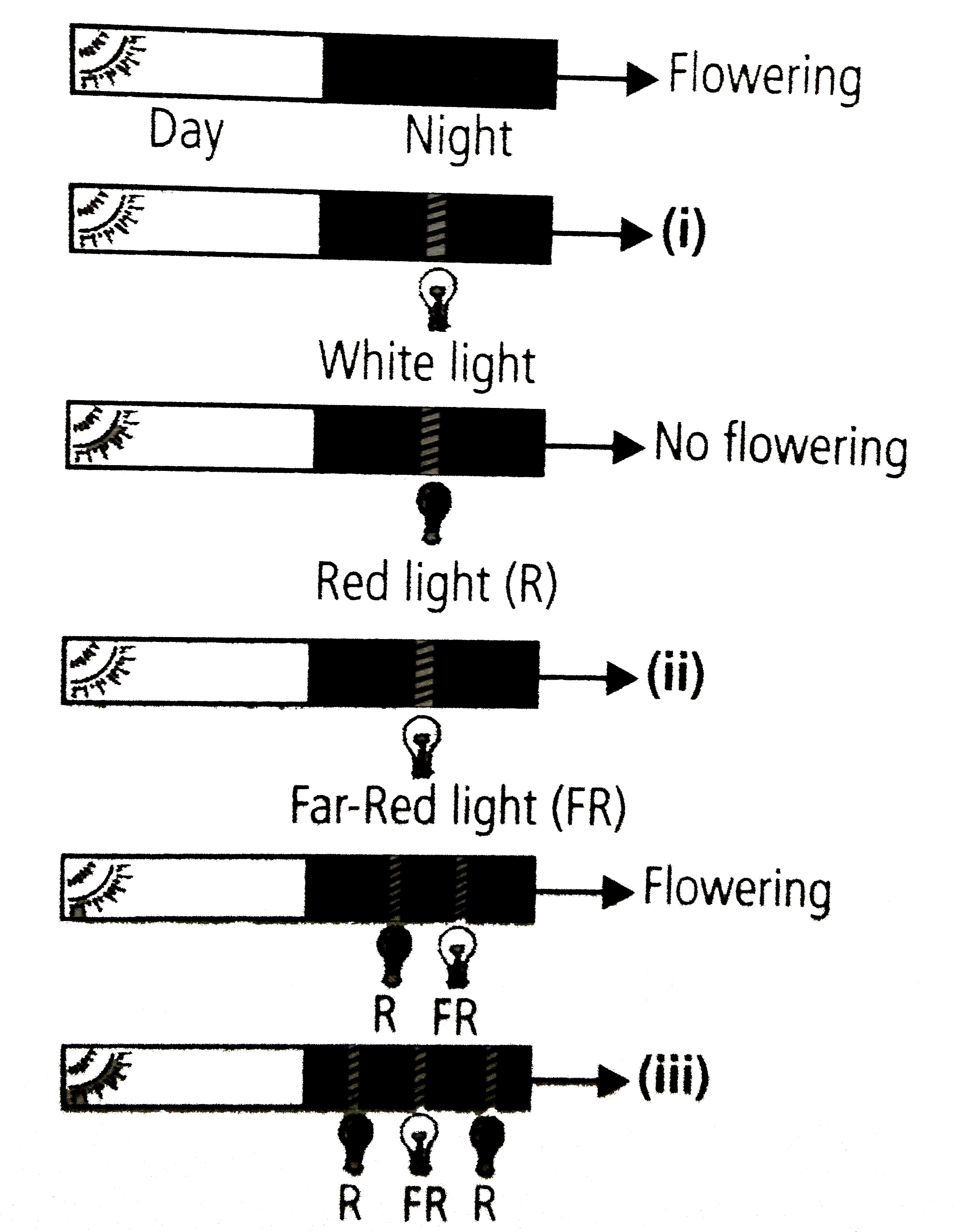
Select the correct option for (i),(ii) and (iii).
A
(i)(ii)(iii)FloweringFloweringNo flowering
B
(i)(ii)(iii)No floweringNo flowering Flowering
C
(i)(ii)(iii)No floweringFloweringNo flowering
D
(i)(ii)(iii)FloweringNo floweringNo flowering
Video Solution
Text Solution
The correct Answer is:c
Short day plants (or long night plants) require a continuous critical dark period, which must be exceeded for flowering. If the plant is exposed to even a flash of light (red, usually 660 nm)before achieving a critical dark period, flowering is prevented. However, red light effect can be prevented by immediately providing far-red light. Red and far-red exposure given in succession show that plant response is determined by the last exposure. Photoperiodic response is believed to be mediated by phytochrome pigment which shows reversible change at red (660nm) and far-red (730 nm) wavelength.
|
Topper's Solved these Questions
Similar Questions
Knowledge Check
Identify the figures A,B,C showing different types of muscle and select the correct option
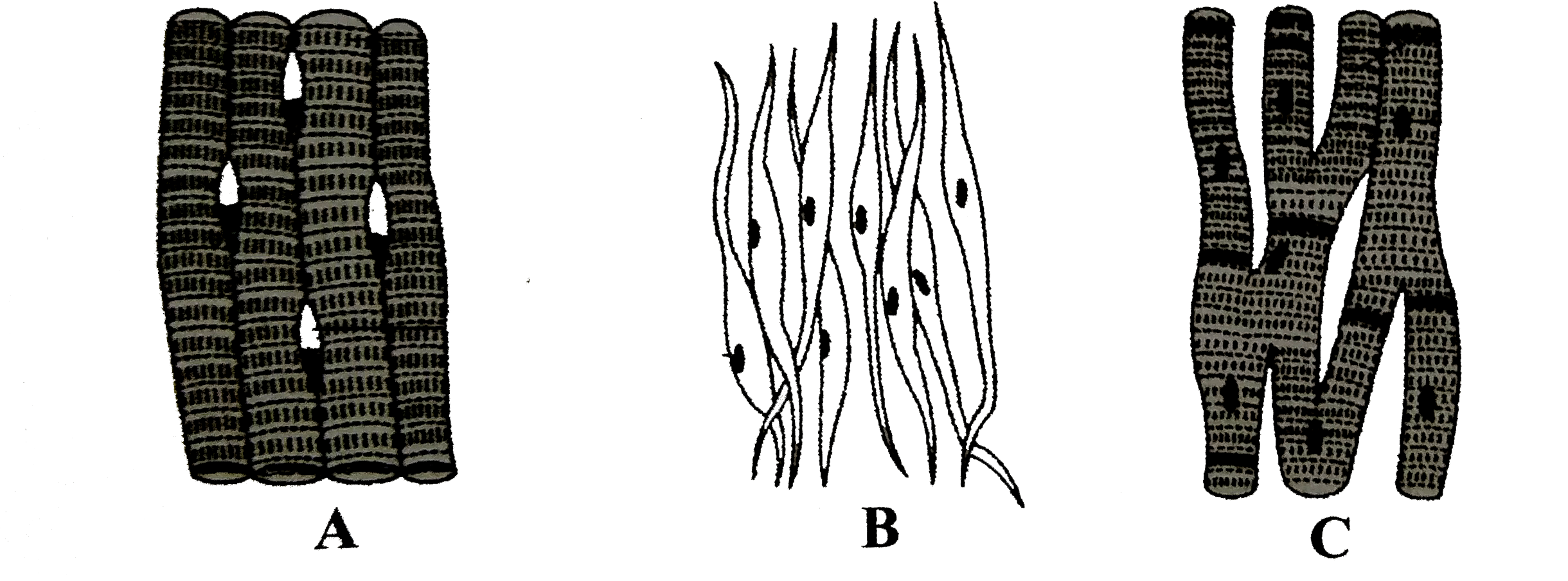 A A B CSmooth muscle Striated muscle Cardiac muscleB A B CCardiac muscle Smooth muscle Striated muscleC A B CStriated muscle Smooth muscle Cardiac muscleD A B CInvoluntary muscle Voluntary muscle Heart muscle
A A B CSmooth muscle Striated muscle Cardiac muscleB A B CCardiac muscle Smooth muscle Striated muscleC A B CStriated muscle Smooth muscle Cardiac muscleD A B CInvoluntary muscle Voluntary muscle Heart muscleThe given figure shows three different types of pathways of intercellular movement of water in plants indentify A,B and C and select the correct option.
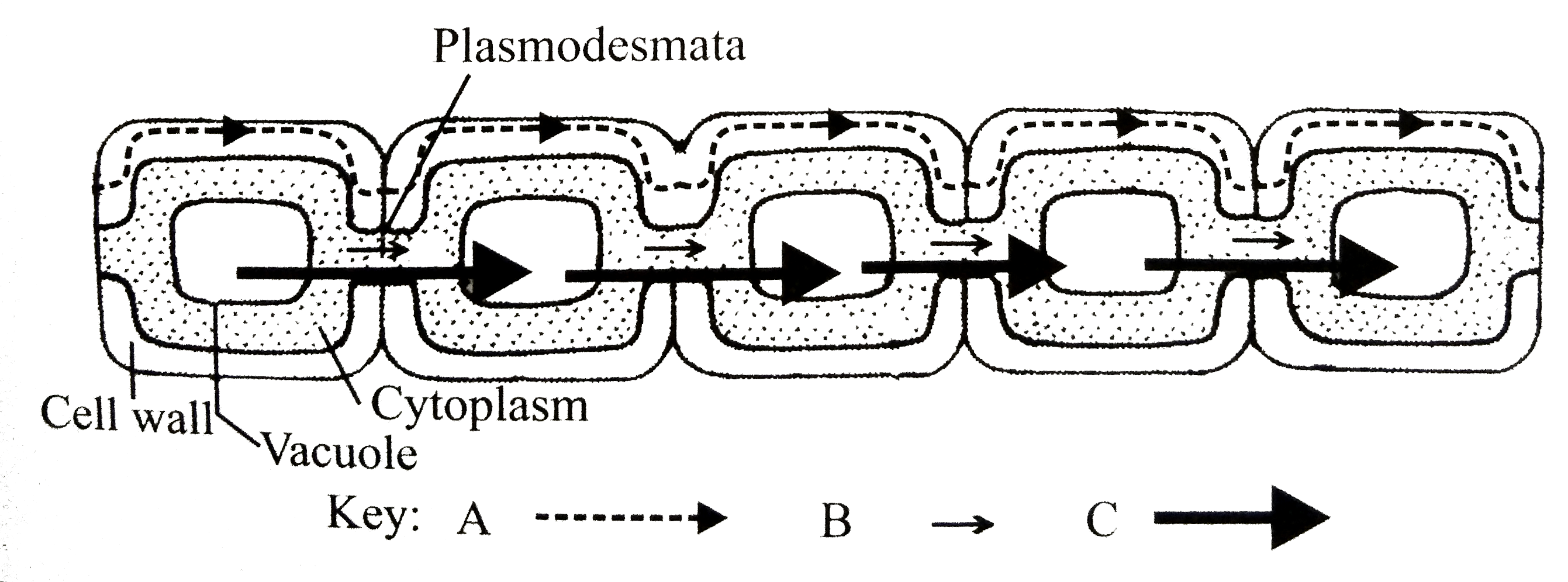 A A B CApoplastSymplastVacuolarB A B CSymplastApoplastVacuolarC A B CSymplastVaculorApoplastD A B CApoplastVaculorSymplast
A A B CApoplastSymplastVacuolarB A B CSymplastApoplastVacuolarC A B CSymplastVaculorApoplastD A B CApoplastVaculorSymplastMatch the column I,II,and III .Select the correct option :
 AA-i-a, B-ii-b, C-iii-cBA-iii-a, B-i-c, C-ii-bCA-ii-b, B-i-c, C-iii-aDA-iii-b, B-i-c, C-ii-a
AA-i-a, B-ii-b, C-iii-cBA-iii-a, B-i-c, C-ii-bCA-ii-b, B-i-c, C-iii-aDA-iii-b, B-i-c, C-ii-a
Given graph represents the response of organisms to various abiotic factors. On this basis, select the correct option for (i), (ii) and(iii)
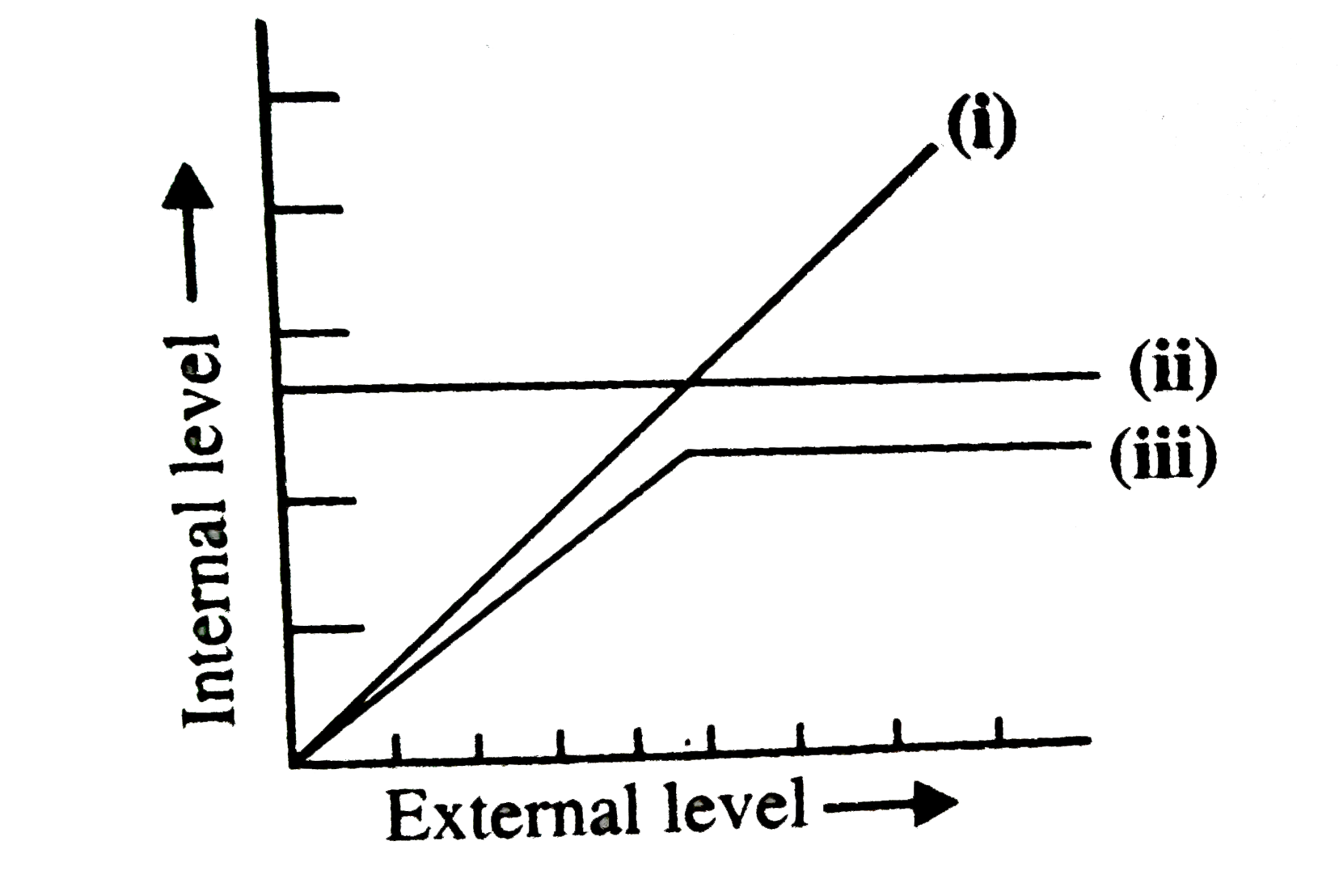
View SolutionMatch I with II and select the correct option from the given codes.

View SolutionIdentify I,II and IlI and select the correct option

View SolutionThe given figure shows growth of two leaves over the period of one day. If AG= absolute growth and RGR= relative growth rate, then select the correct option.
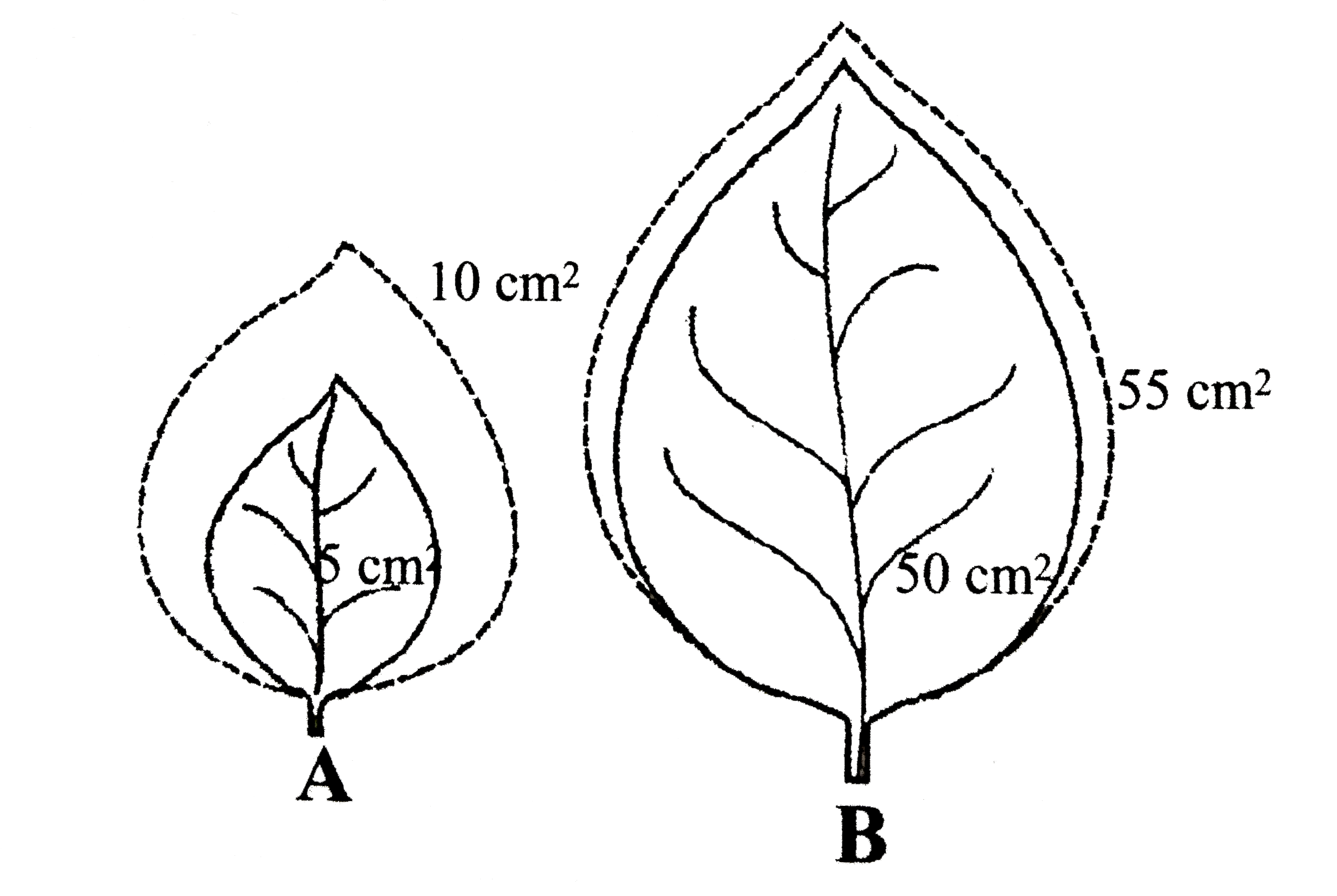
View SolutionThe given figure represents a typical biogas plant. Select the correct option for A,B and C respectively.
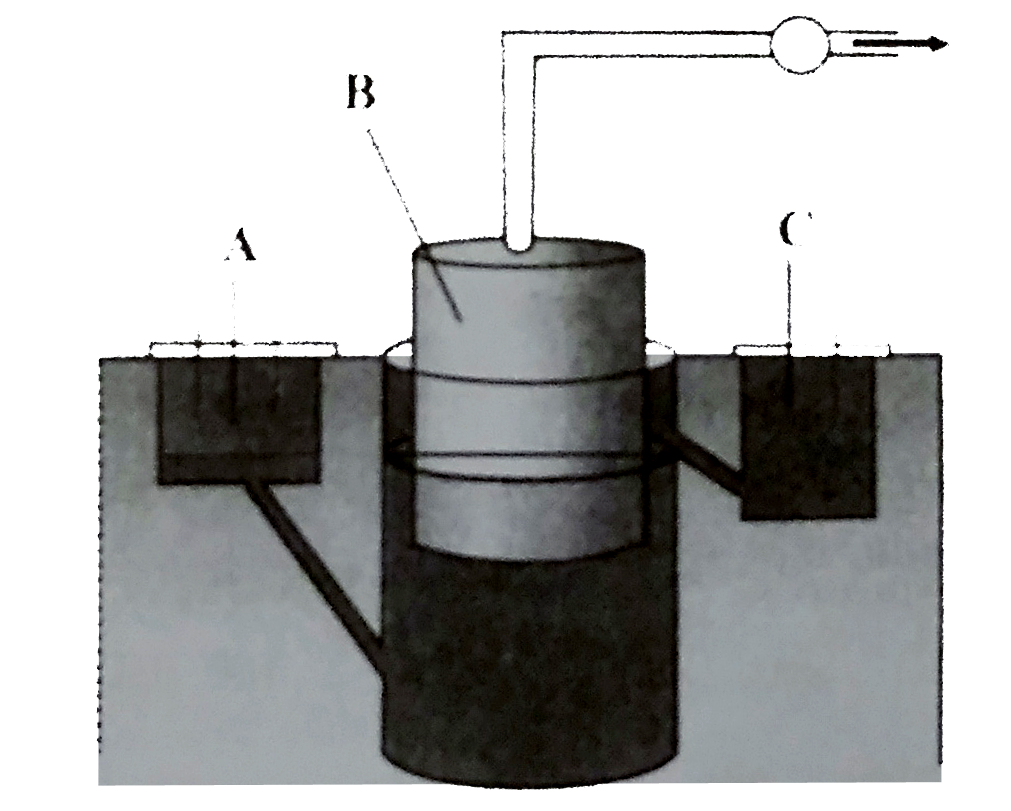
View Solution


